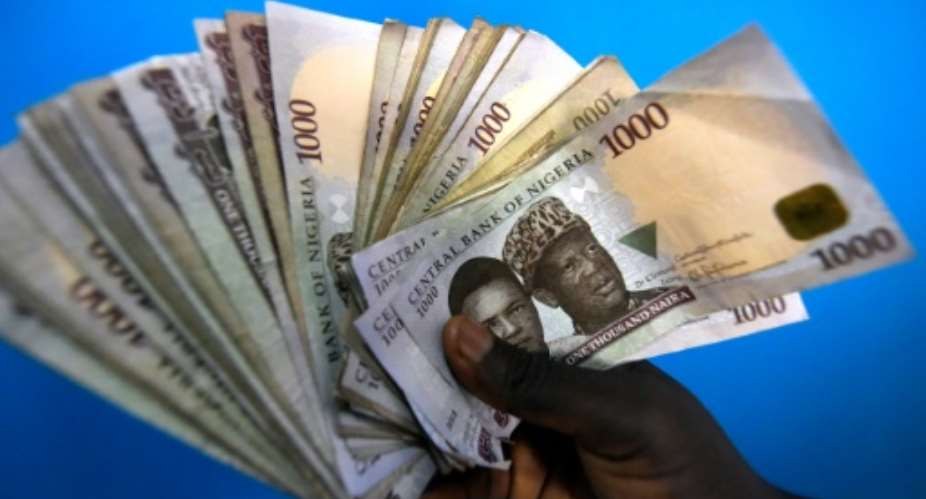Lagos (AFP) - The Central Bank of Nigeria (CBN) has lifted a suspension of nine banks from foreign exchange trading for failing to remit some oil money to the government, an official said Thursday.
"The erring banks have been readmitted into the inter-bank foreign exchange market after they presented their plans to pay back the money," the CBN official told AFP.
The CBN suspended the nine banks last week for withholding $2.12 billion belonging to the Nigerian National Petroleum Corporation (NNPC) and the Nigeria Liquified Natural Gas (NLNG) contrary to a government regulation.
On coming to power in May last year on an anti-graft ticket, President Mohammadu Buhari ordered all government revenues to be paid into Treasury Single Account (TSA) at the CBN to prevent fraud.
While government agencies and ministries previously maintained multiple accounts at local banks, Buhari instituted the TSA to ensure that all government funds were pooled.
The decision was to instill more accountability in monitoring government revenue and to eliminate opacity in government.
Last week's ban created tension in the financial system, triggering a crash in the stocks of most of the indicted lenders on the Nigeria Stock Exchange.
The foreign exchange market also reacted negatively with the naira currency slumping further on the parallel market to close at 420 to the dollar on Wednesday against 396 before the suspension.
Industry experts had appealed for leniency to avoid causing a run on the banks.
"We should not kill an ant with a sledge-hammer. Banning nine banks from the forex market at this time of recession will worsen the situation," Pascal Odibo at Jeff & O'Brien said.
He warned that the ban would deny importers and forex users the opportunity to obtain forex through the banks under scrutiny, ramping up pressure on the black market.
One of the indicted banks, the United Bank for Africa (UBA) was reinstated a day after the suspension once it remitted its own share of the held funds.
Nigeria's oil-dependent economy is in recession because of low oil prices and resulting foreign currency shortages, hammering government revenue and pushing inflation to 17.1 percent in July.





 We’ll no longer tolerate your empty, unwarranted attacks – TUC blasts Prof Adei
We’ll no longer tolerate your empty, unwarranted attacks – TUC blasts Prof Adei
 Bawumia donates GHc200,000 to support Madina fire victims
Bawumia donates GHc200,000 to support Madina fire victims
 IMF to disburse US$360million third tranche to Ghana without creditors MoU
IMF to disburse US$360million third tranche to Ghana without creditors MoU
 Truck owner share insights into train collision incident
Truck owner share insights into train collision incident
 Paramount chief of Bassare Traditional Area passes on
Paramount chief of Bassare Traditional Area passes on
 Two teachers in court over alleged illegal possession of BECE papers
Two teachers in court over alleged illegal possession of BECE papers
 Sunyani: Victim allegedly shot by traditional warriors appeals for justice
Sunyani: Victim allegedly shot by traditional warriors appeals for justice
 Mahama vows to scrap teacher licensure exams, review Free SHS policy
Mahama vows to scrap teacher licensure exams, review Free SHS policy
 Government will replace burnt Madina shops with a new three-story, 120-store fac...
Government will replace burnt Madina shops with a new three-story, 120-store fac...
